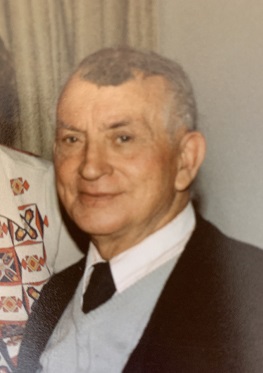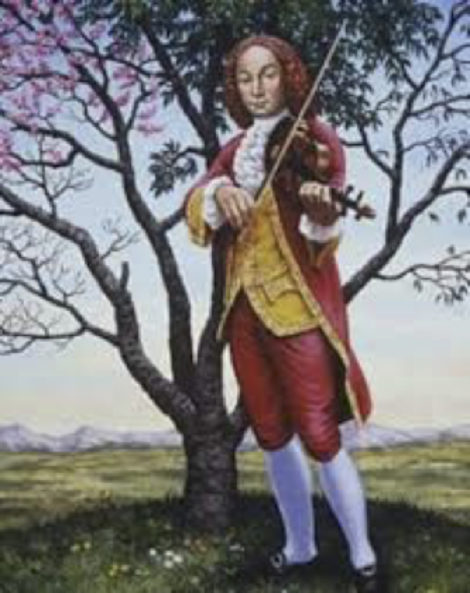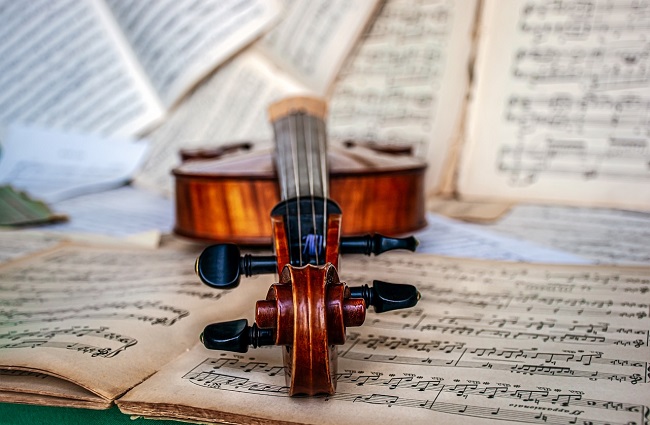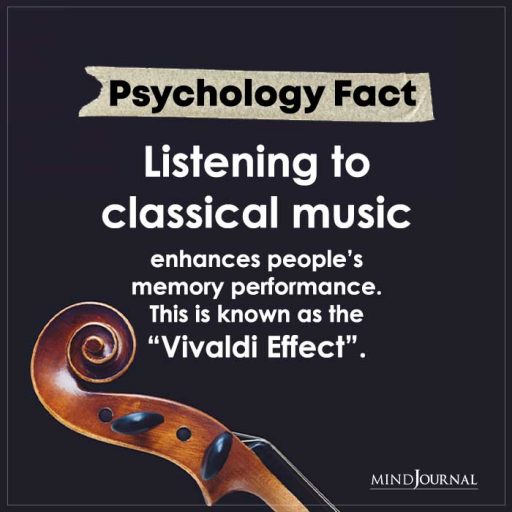
By Raeleen D’Agostino Mautner
When my grandfather Domenico and I would travel to Italy together—we would first visit his family in Calabria, and then leisurely journey up and down the boot-shaped peninsula; something he had little opportunity to do when he was growing up in Girifalco (CZ). I remember one day sitting at an outdoor café in the Piazza San Marco in Venice, sipping the best cioccolata calda I have ever tasted, and my grandfather, instead, drinking in a profound sense of history as his eyes scanned our surroundings.
“Il prete rosso camminò su questa piazza tre secoli fa’”, he said. “The red priest walked this square three centuries ago.”
Of course, I wanted to know more, but only in recent times, have I discovered something most people don’t know about the legacy of Baroque virtuoso known as Antonio Vivaldi.
“Il Prete rosso” (the red priest), as he was called because of the color of his hair, was not the only genius to die broke. That list might have also included Vincent Van Gogh, Bela Lugosi (Dracula) Franz Schubert, Sammy Davis Jr., Edgar Allan Poe, Judy Garland, and a string of others. Yet, despite his unparalleled musical accomplishments, fame, and society’s admiration, the priest-turned-composer was buried in a pauper’s grave, and his music quickly forgotten. It would be centuries before scholars would rediscover his manuscripts and redeem his works for all to enjoy. Now we can barely avoid hearing La Primavera (Spring from The Four Seasons), even reduced in certain circumstances to background elevator music, or what you might hear when put on hold as you wait for a live customer service representative.
Antonio Vivaldi (1678-1741) was a Roman Catholic priest, a violin virtuoso, and a prolific composer who took bold creative risks, often creating a sharp division between those who were intrigued by his musical innovations which often veered from the established rules of baroque and those who disdained it. Father Vivaldi earned fame and admiration while teaching music and composition at a Venetian girls’ orphanage. In 1723 he wrote a series (Il cimento dell’armonia e dell’invenzione —the trial of harmony and invention) which included The Four Seasons (Le Quattro Stagioni). Each season (Spring, Summer, Autumn, Winter) was accompanied by an original sonnet, separated into thirds to go along with the three movements (fast slow fast) of the concerto format. The sonnets, to be read while listening to the music, beg us to hear the compelling sounds of each season, stunningly expressed by instruments of the string orchestra. We can actually experience the wonder birds chirping, breezes blowing, dogs barking and impending thunderstorms approaching.
The exquisiteness of Vivaldi’s compositions are masterpieces to be enjoyed in their own rite, but in recent years, researchers have chosen his compositions to examine the effect of music therapy on the cognitive performance of both healthy older adults as well as patients suffering from Alzheimer’s disease. The results have been consistently promising. Some call it “The Vivaldi Effect”. For example, in one study, listening to an excerpt of The Four Seasons led to an improvement in attention and performance on category fluency tasks (i.e. naming as many examples as one can in a particular category within a minute) for both Alzheimer’s and non-Alzheimer participants.
Since memory impairment is one of the first signs of Alzheimer’s disease, retaining autobiographical memory is crucial. Research findings in this area too, showed Vivaldi excerpts helped participants with mild Alzheimer’s disease to remember more about their own past—which is no small thing; since personal memories over the arc of our life comprise our self-concept and help us to maintain a cohesive identity. In this study, participants with mild Alzheimer’s were seen on two occasions. Both times their recall was measured on an Autobiographical Memory Interview. The background music on one visit was Vivaldi’s Spring movement from the Four Seasons. On the other visit would be no music while being interviewed. Results showed a significant reduction in anxiety and a higher autobiographical memory recall in the music condition.
Despite physical or cognitive limitations, humans seem to have an innate ability to respond to music. Music can help us to relax, feel happier, less anxious, and in general enhance our quality of life. One study examined cognitive performance in two working memory tasks in healthy older adults (ages 73-86). The participants were presented digit span (number sequence repetition) and phonemic fluency (timed test naming as many words as possible starting with a specific letter) tasks, while in the background there would be Vivaldi’s music; white noise; or no music (repeated measures design). Performance was strongest when completing tasks to the background music of Vivaldi’s Primavera. It appears that this music enhanced mood and attention; and also facilitated successful task completion.

Studies continue to be published exploring the efficacy of music and Music therapy on behavioral and psychological symptoms of dementia. In fact, a thorough review by the Italian Psychogeriatric Association led to the recommendation that interventions with music can be considered a meaningful support to the management of these symptoms.
Is the therapeutic effect of music in older adults specific only to Vivaldi compositions? Probably not. Some studies have shown that one’s preferred music might have the same effect, but certainly, this 18th-century red-haired maestro left a powerful legacy—not only with respect to the world of music but to the world in general, by virtue of the therapeutic effects of his masterpieces, which may help to improve the quality of life for both healthy older adults and those afflicted with dementia—some three centuries later. Yet another reason for Italian Americans to be proud of our heritage, and grateful for ancestors like my grandfather, who would never let me forget it.
References/Further Reading
Hope, Daniel (2013). Masterpiece: What’s still timeless about ‘Seasons’? Wall Street Journal, Eastern edition. New York, New York.
Muireann Irish, Conal J. Cunningham, J. Bernard Walsh, Davis Coakley, Brian A. Lawlor, Ian H. Robertson, & Robert F. Coen (2006). Investigating the enhancing effect of music on autobiographical memory in mild Alzheimer’s Disease. Dementia Geriatric Cognitive Disorders, 22:108-120
Nicola Mammarella, Beth Fairfield, & Cesare Cornoldi (2007). Does music enhance cognitive performance in healthy older adults? The Vivaldi effect. Aging Clinical and Experimental Research, Vol 19 (5)
G. Thompson, C. J. A. Moulin, S. Hayre & R. W. Jones (2005) Music Enhances Category Fluency In Healthy Older Adults And Alzheimer’s Disease Patients, Experimental Aging Research,31:1, 91-99, DOI: 10.1080/03610730590882819
A.Raglio, G. Bellelli, P. Mazzola, D. Bellandi, A.R. Giovagnoli, E. Farina, M. Stramba-Badiale, S. Gentile, M.V. Gianelli, M.C. Ubezio, O. Zanetti, M. Trabucchi (2012). Music, music therapy and dementia: A review of literature and the recommendations of the Italian Psychogeriatric Association. Maturitas 72, 305-310.





